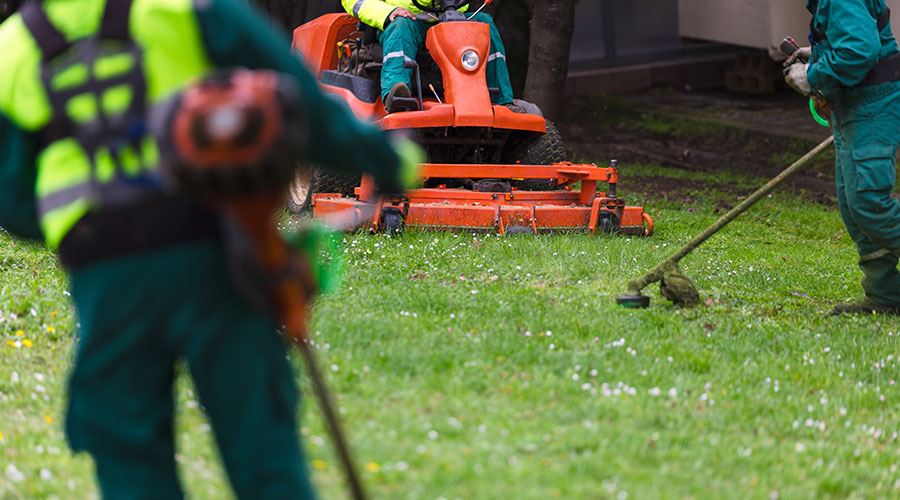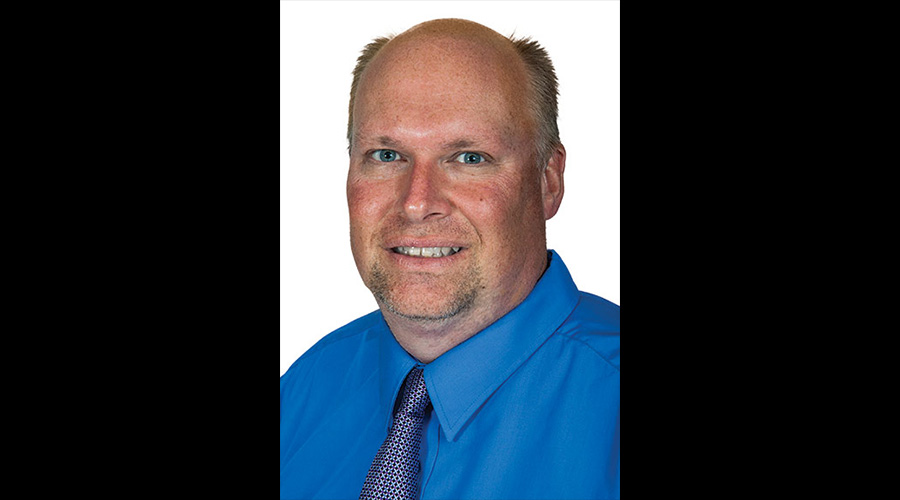Transforming Women’s Career with Professional Certification in Facilities Management
Having certifications listed on your resume can help build confidence that is needed while on the job.
By Maria Ruiz, Contributing Writer
Decisive. That’s all I could describe it as when I made the decision to go for my Certified Facilities Manager (CFM) certification by the International Facilities Management Association (IFMA). But I felt a sense of imposter syndrome. Would I be able to pass this test? Am I well versed in this role? Do I even understand facilities management? What if I fail? All these thoughts were floating in my head, but I still knew I could do it. I mean, I was doing it, I’ve been a facility manager for a non-profit since 2021. Nine brick and mortar locations, a pandemic still in effect and I was tasked to right size by decommissioning the six offices down to three.
Belief. That’s all I could think of when I was tasked with such an overwhelming feat of sustainably decommissioning six offices in the next four years. I had to believe in myself. At the same time, I proposed to my senior director to become an IFMA member. Immediately she agreed. I began my strategy for certification and knowledge to master my role while applying all I knew and what I would learn.
Persevere. In March 2021, the world was still reeling from Covid-19. Offices were empty and maintaining an empty underutilized space was more work for me and my team than when they were fully occupied. With all my experience coming into the role, I was just tasked with a daunting project–decommissioning six offices, nation-wide, while maintaining three operational locations with very limited resources and a staff that was stretched.
Learn. Apply. Repeat. This was my proving ground, I told myself. This was my opportunity to get to work and make it work. I needed to make sure my occupants were safe, informed and had a workplace solution or co-working solution. As a lifetime learner, I had to get creative and understand that the next few years were impactful, on- the- job, intensive training that would allow me to get the education and expertise needed to ace my CFM exam. The stage was set.
What followed were three years of the best intensive facilities management education money could not buy! I treated every challenge as preparation for the CFM exam I knew I would eventually take. While negotiating complex lease terminations, I was studying real estate and facility planning competencies. When I managed the logistics of furniture disposition across multiple locations, I was mastering operations and maintenance principles. When I coordinated with IT teams for equipment relocation, I was diving deep into technology integration and project management. All major core competencies of the CFM. I realized during all those years that this project demanded so much expertise across all eleven CFM competency areas: communication, emergency preparedness, environmental stewardship, finance and business, human factor, leadership and strategy, operations and maintenance, project management, quality, real estate and facility planning, sustainability and technology–and this is why facilities is so business crucial–a gamut of business competencies as well as technical acumen in a multifaceted industry. It was like having a personalized CFM curriculum designed by the universe itself.
By early 2024, I realized I wasn’t just managing facilities anymore–I was thinking like a certified facilities manager owning the craft of facilities management all around. My mindset went from reactive problem-solving to proactive strategic planning.
This training ground reminded me of my undergraduate years when I had to take my final exams, senior year, to complete my degree and demonstrate mastery. For me, that’s the beauty of lifetime learning. I began approaching my CFM goal with methodical precision. I highly suggest anyone, especially women in our field, to give themselves a definite time frame and use their role as their training space. I gave myself three to four years - not because I needed four years to learn the material but because I was in the field learning. I was set to master this certification with the same rigor and dedication that defines facilities management because I was already in it.
The CFM certification, in my opinion, is a game changer for women in our field. Objectivity is powerful for women in facilities management. When you walk into a boardroom as a CFM, you’re not just another facilities manager–you’re a certified professional who has proven their expertise through one of the most rigorous examinations in the field. The certification speaks before you even say a word.
Moreover, the certification provides a clear career pathway in a field where advancement routes haven’t been obvious for women in our field. The CFM designation opens doors to senior facilities management roles, consulting opportunities and leadership positions that might otherwise require years of additional experience to access.
With a humble heart and an assertive mindset, I am happy to say that on June 12, 2025 I passed my CFM exam and officially became a Certified Facilities Manager. With that accomplished, I say to every woman currently working in facilities management or considering entering the field: your voice matters, your perspective is valuable and your expertise is needed. The CFM certification isn’t just a professional credential–it’s a statement that you take your profession seriously and are committed to excellence.
Don’t let imposter syndrome hold you back from pursuing such a valuable achievement as the CFM. Instead, let it motivate you, like it did and does for me, to prove to yourself first and to the world–that you have exactly what it takes to excel in facilities management. The profession needs more women leaders, and the CFM certification is your pathway to becoming one of them. You can do this–don’t just take the leap-Be the leap!
Maria Ruiz is a Facilities Operations Manager at UNICEF USA with 15+ years of cross-sector expertise. Overseeing multiple national offices, she applies Lean Six Sigma methodologies to create sustainable, efficient workspaces supporting humanitarian missions. Her writing champions women in facilities management by blending technical knowledge with practical insights that empower professionals in this traditionally male-dominated field. Committed to work-life balance, Maria recharges by training in Brazilian Jiu-Jitsu with her son—finding that the discipline and focus required on the mat enhances her leadership approach in facilities management.
Related Topics:












